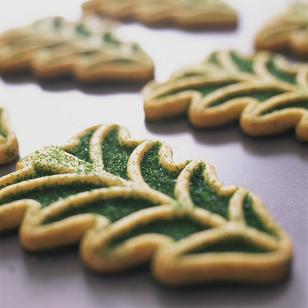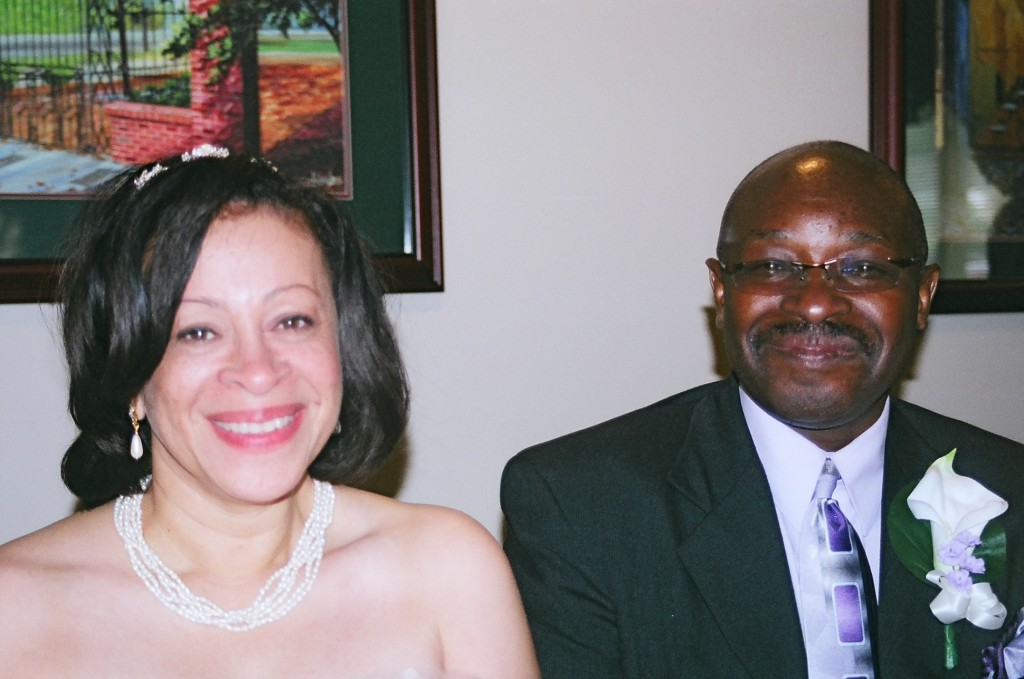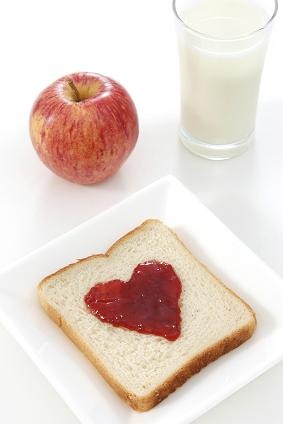 The below question is answered by the team at The Center for Natural Breast Reconstruction:
The below question is answered by the team at The Center for Natural Breast Reconstruction:
Does having lymphedema (arm and trunk) affect success of breast reconstruction?
We primarily have experience using perforator flaps for breast reconstruction, so I’ll answer from that perspective. Arm lymphedema does not directly affect breast reconstruction, although there are reports of arm lymphedema improving after reconstruction using your own tissue (such as DIEP, GAP, or other perforator flaps). Trunk lymphedema (including breast), while not affecting the survival of the flap, can result in prolonged edema of the breast skin overlying the flap, leaving the reconstructed breast with a heavy, “wooden” character. We have seen this edema gradually resolve in some patients, however, over a period of up to two years, and it is possible that the flap is actually helping with this.
For more answers to your breast reconstruction questions, visit our Ask the Doctor section of this blog.













